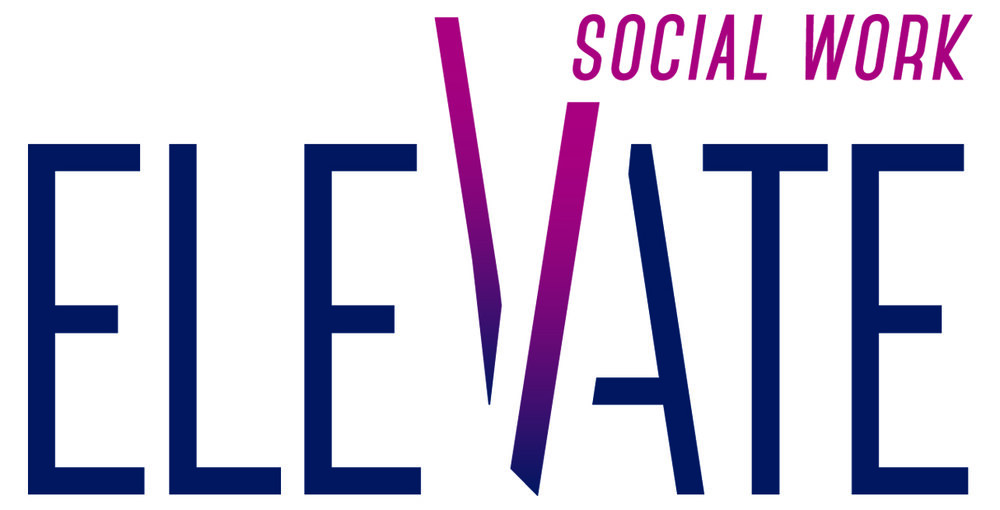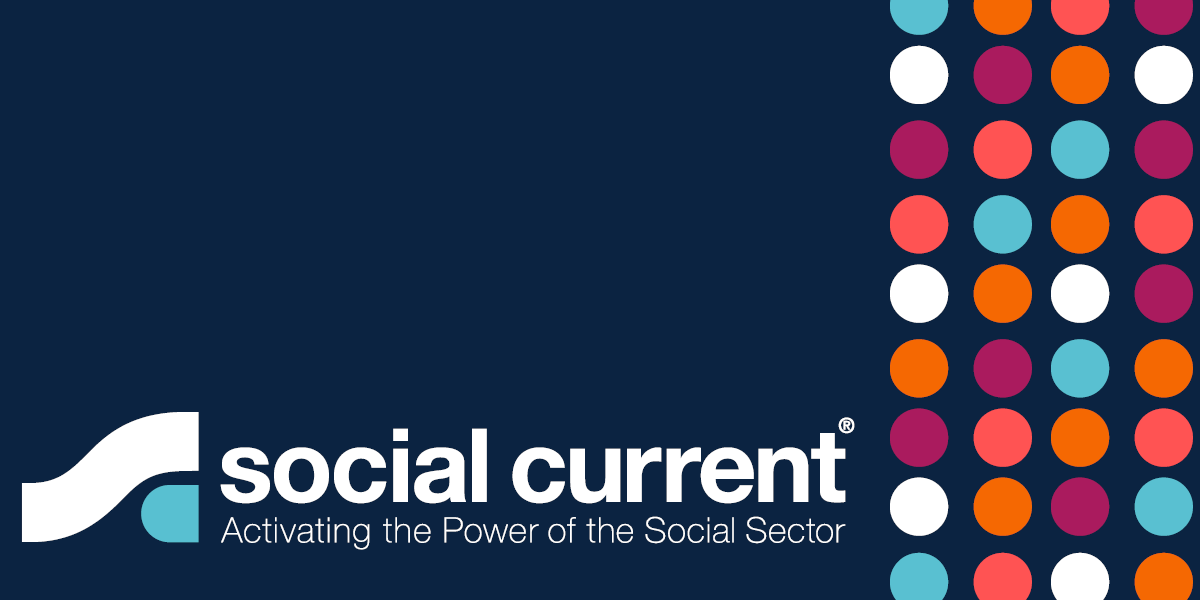Workforce Resilience
National Social Work Month: Essential Personnel Must Include Social Workers
It’s hard to believe it has been one year since the World Health Organization officially declared COVID-19 a pandemic and our world, as we knew it, changed.
There have been many heroes of this pandemic–the health care workers who persevere through long hours, personal protective equipment shortages, and unimaginable tragedy; the teachers who transitioned to virtual learning and continue to inspire their students; and the many essential workers who went about their daily jobs delivering packages, serving meals, and fighting fires despite the pandemic raging around them.
There is also another category of unsung essential workers that deserve our recognition and our accolades–our nation’s social workers. March is designated as National Social Work Month and this year’s theme from the National Association of Social Workers is Social Workers Are Essential.
Social workers are social heroes. They play a vital role in our communities–ensuring food availability, securing adoptions and forever homes, providing medical and behavioral health services, and helping ensure that all individuals and families have the opportunity to feel happy, healthy, and a sense of belonging.
Social workers connect communities to vital resources and in many cases, sit in roles where they address ongoing systemic and policy needs. They have had to adapt throughout this pandemic to continue to provide these services both virtually and in-person. And, with the spread of the pandemic, the need for social workers has grown even greater.
Across our nation, social workers have met these challenges in unique, creative, and heart-warming ways. At times putting aside their own needs and those of their families, social workers have offered essential care to people in need, whether dropping off food donations to families on fixed incomes, securing laptops and tablets to allow communications between seniors and their families, or advocating for state and federal policy to ensure people were cared for during this most critical time.
The demand for social services has dramatically increased while initially resources available to provide their services plummeted. Thankfully, with passage of the Biden administration’s American Rescue Plan Act where social workers were active advocates, many of these challenges will be met. Midsize and larger social sector organizations who had been shut out of earlier relief funding will have access to critical support. The $350 billion in state and local funding will enable social sector organizations to continue critical partnerships with government to respond to the changing needs of communities. The child care sector, which has experienced tremendous disruption, enrollment drops, and extra costs, will see $40 billion in childcare stabilization funding. A new Child Tax Credit Expansion that economists predict will cut childhood poverty in half is included that will provide for the basic needs that enable all families to thrive.
These measures will have a tremendous impact on shoring up support for social workers who have done so much for our communities over the past year. These measures were also advanced by social workers, amidst all else required of them this past year.
This March, let’s all celebrate the essential work of social workers who support individuals and families and answer their needs, not just in times of crisis, but every day.
Bridging Micro and Macro Social Work
Families and communities are stronger when they have access to the vital building blocks of health and well-being. Social work as a discipline and a methodology has been essential to the development and delivery of those building blocks and is most effective when grounded in the intersectionality of research, practice, and policy at individual, community, and systems levels. This bridging of micro and macro is what actualizes whole-person, whole-community aspirations into genuine and measurable impact.
Learn more about these approaches in Families in Society, the Alliance and Council on Accreditation (COA) social work research journal. The articles featured below for this month’s observance demonstrate the essentialness of micro and macro social work. Alliance and COA network partners can access all 100+ years of journal content in the online library as part of their network benefits, while others can select access options on the journal website.
- Seeking Champions for Change: A Positive Deviance Approach for Social Work
Given growing interest in and need for social innovation, social workers will benefit from knowing about positive deviance (PD), an approach that capitalizes on community creativity and individuals’ strengths in solving intractable problems in local neighborhoods. - Revisiting the Relationship between Micro and Macro Social Work Practice
Within the context of the shared mission of social work, there is a need for common ground that identifies the different ways that the two forms of practice can inform each other. Of particular importance are the core competencies relevant to intersectional interventions, collaborations, and partnerships. - The Life Course Perspective for Social Work: Bridging the Micro and Macro Worlds for Social Workers
This empirical perspective looks at how biological, psychological, and socio-cultural factors act independently, cumulatively, and interactively to produce great diversity in life course journeys and shape people’s lives across family generations. This understanding can lead to more effective practice interventions and policy solutions. - Re-Envisioning Macro Social Work Practice
To counter a generational trend of disinvestment in macro social work practice, 21st century strategies can support the historic vision of the social work profession as equally responsive to the needs of at-risk and disenfranchised populations and the organizational, community, and policy roots of social injustice.



